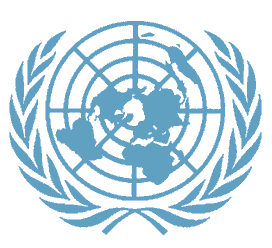 Through its Professional Societies and Members worldwide, WFEO assists UN bodies with the analysis of the technical, economic and environmental feasibility of sustainable development proposals, and the implementation of Best Practices to achieve the Sustainable Development Goals (SDGs). The WFEO-UN Relations Committee (WURC) was created with the mission of acting as the WFEO interface with different UN agencies.
Through its Professional Societies and Members worldwide, WFEO assists UN bodies with the analysis of the technical, economic and environmental feasibility of sustainable development proposals, and the implementation of Best Practices to achieve the Sustainable Development Goals (SDGs). The WFEO-UN Relations Committee (WURC) was created with the mission of acting as the WFEO interface with different UN agencies.
This Committee’s activities focus on specific areas of UN initiatives with importance to WFEO and which are related to sustainable development issues. More particularly, it takes care of WFEO activities and programs developed within UNCSD, UNFCCC, UNESCO and UNISDR, including those related to the Rio+20 Conference.
The Chair of this Committee acts as the WFEO liaison with UNCSD and ECOSOC, and leads the WFEO representation at the Scientific and Technological Communities Major Group that takes part in these UN bodies.
UN Secretary General Message for Opening of Global Engineering Congress – GEC2018
UNESCO (United Nations Educational Scientific and Cultural Organization)
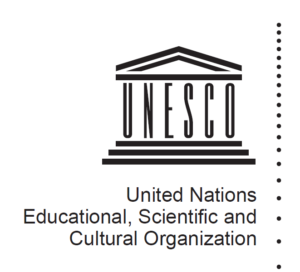 The United Nations Educational, Scientific and Cultural Organization (UNESCO) is a specialized agency of the United Nations based in Paris, France. Its declared purpose is to contribute to peace and security by promoting international collaboration through educational, scientific, and cultural reforms in order to increase universal respect for justice, the rule of law, and human rights along with fundamental freedom proclaimed in the United Nations Charter.
The United Nations Educational, Scientific and Cultural Organization (UNESCO) is a specialized agency of the United Nations based in Paris, France. Its declared purpose is to contribute to peace and security by promoting international collaboration through educational, scientific, and cultural reforms in order to increase universal respect for justice, the rule of law, and human rights along with fundamental freedom proclaimed in the United Nations Charter.
Established in 1968 under the auspices of UNESCO and having its head offices located at UNESCO in Paris, WFEO has been involved since its creation in a close and sustained cooperation with UNESCO in defining and implementing the Organization’s programs and expanding joint activities in UNESCO’s fields of competence.
WFEO has an Official Associate status with UNESCO, which has been renewed for 8 years until 2029, during the 212th session of the UNESCO Executive Board in October 2021.
The landmark UNESCO Engineering Report – the first global report on engineering – was produced in conjunction with WFEO. WFEO co-chaired the report’s Editorial Advisory Committee and our volunteers wrote more than one-third of the contributions to the report.
Ten years after the publication of the 1st UNESCO Engineering Report, WFEO worked closely with UNESCO to celebrate the inaugural World Engineering Day 2020 and to develop and release the second UNESCO Engineering Report on World Engineering Day 2021, launched on March 4th 2021.
The Framework Agreement has been renewed on 28th June 2024 at the UNESCO Headquarters. WFEO President Mustafa Shehu and UNESCO Assistant Director-General for Natural Sciences Dr. Lidia Brito signed the Agreement which will expire in March 2032.
UNFCCC (United Nations Framework Convention on Climate Change)
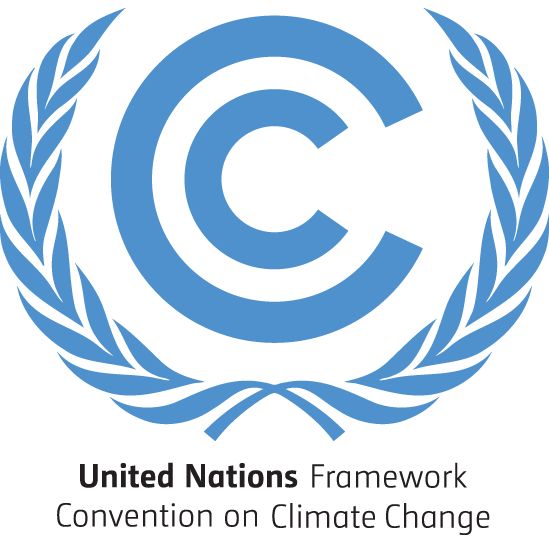 As a UNFCCC partner, WFEO’s overall objectives is to contribute to a sustainable implementation of UNFCCC adaptation goals and strategies applied to civil infrastructure as well as contributing towards Goal 13 of the UN Sustainable Development Goals (SDGs) to ensure Environmental Sustainability.
As a UNFCCC partner, WFEO’s overall objectives is to contribute to a sustainable implementation of UNFCCC adaptation goals and strategies applied to civil infrastructure as well as contributing towards Goal 13 of the UN Sustainable Development Goals (SDGs) to ensure Environmental Sustainability.
The main purpose is to develop and implement engineering tools, policies and practices for risk assessment and adaptation of existing and new civil infrastructure to climate change, through building knowledge, experience and appropriate techniques to enhance technical capacity of engineers in order to adapt civil infrastructures to these climate changes, in particular within developing and least developed settings.
Joint activities aim to organize national and regional workshops for engineers, planners and decision-makers on policies and best practices related to climate change adaptation of civil infrastructure, while facilitating regional, country-level and community level pilot projects which identify and evaluate engineering vulnerabilities of civil infrastructures and undertake adaptation measures, which include consideration of non-structural (soft) measures and non-monetary or intangible damages of disasters due to climate change, having indirect and multiplied impacts. But also to publish guidance documents on engineering vulnerability assessment of civil infrastructure and best engineering practices for adaptation to address these vulnerabilities.
UNEP (United Nations Environment Programme)
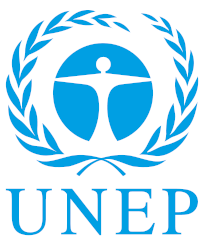 The United Nations Environment Programme is the leading global environmental authority that sets the global environmental agenda, promotes the coherent implementation of the environmental dimension of sustainable development within the United Nations system, and serves as an authoritative advocate for the global environment.
The United Nations Environment Programme is the leading global environmental authority that sets the global environmental agenda, promotes the coherent implementation of the environmental dimension of sustainable development within the United Nations system, and serves as an authoritative advocate for the global environment.
UNEP’s mission is to provide leadership and encourage partnership in caring for the environment by inspiring, informing, and enabling nations and peoples to improve their quality of life without compromising that of future generations.
WFEO is listed as an accredited organization with observers’ status to the UNEP governing council and Global Ministerial Environment Forum (GC/GMEF). Engineers are those most frequently involved in technology transfer, and a strategic partnership with UNEP and the International Federation of Consulting Engineers (FIDIC), which is registered with the World Summit on Sustainable Development (WSSD), has been set in place, as local technology transfer practitioners are the primary know-how providers, users, and beneficiaries.
The project was designed to facilitate expert financial and technical advice for private sector investments in energy efficient and renewable energy technologies and to develop an appraisal tool for evaluating the financial and economic attractiveness of investments in energy efficient and renewable energy technologies.
Global prosperity and human well-being depend on the productivity of the world’s ecosystems and the services that they provide. As ecosystems are now under unprecedented pressure, prospects for sustainable development are under serious threat.
The anticipated result is to increase financing possibilities for energy efficient and renewable energy technologies, to upgrade skills of loan officers in the financial institutions of developing countries and to reduce greenhouse gas emissions.
ECOSOC (United Nations Economic and Social Council)
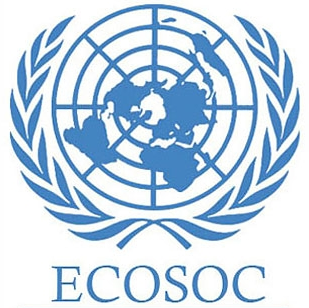 The Economic and Social Council is at the heart of the United Nations system to advance the three dimensions of sustainable development – economic, social and environmental. It is the central platform for fostering debate and innovative thinking, forging consensus on ways forward, and coordinating efforts to achieve internationally agreed goals.
The Economic and Social Council is at the heart of the United Nations system to advance the three dimensions of sustainable development – economic, social and environmental. It is the central platform for fostering debate and innovative thinking, forging consensus on ways forward, and coordinating efforts to achieve internationally agreed goals.
ECOSOC Website
UNIDO (United Nations Industrial Development Organization)
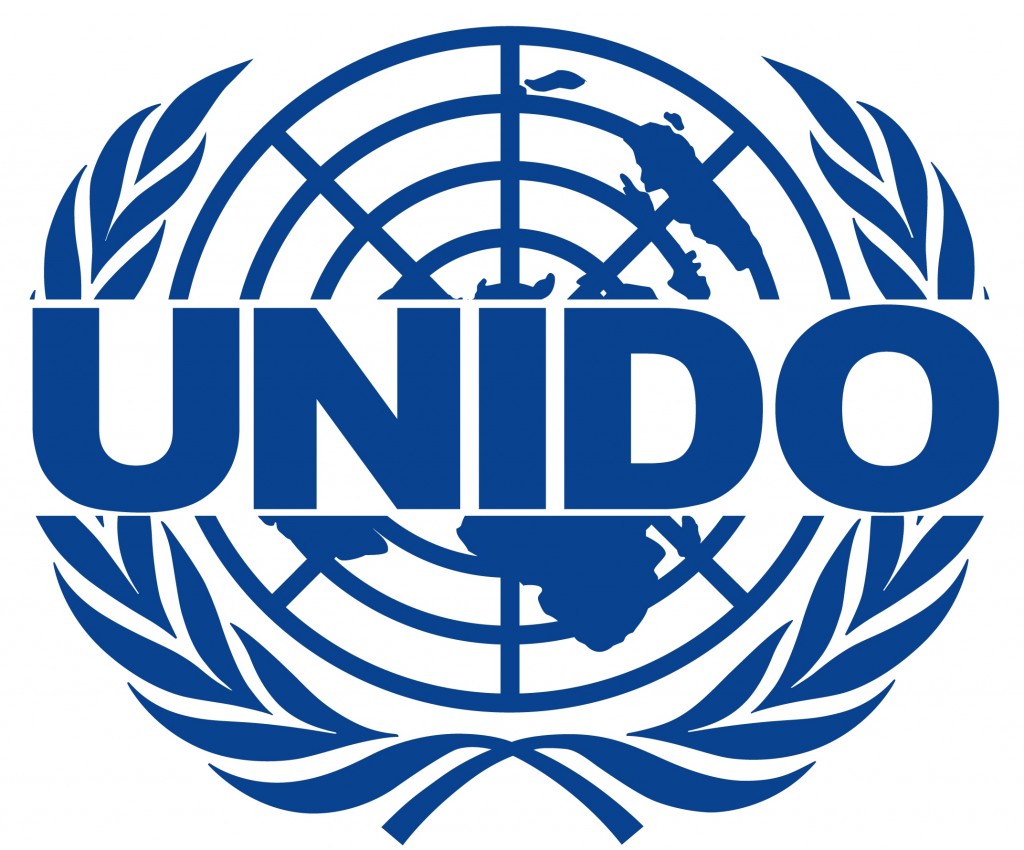 UNIDO is the specialized agency of the United Nations that promotes industrial development for poverty reduction, inclusive globalization and environmental sustainability. The mission of UNIDO is to promote and accelerate inclusive and sustainable industrial development (ISID) in developing countries and economies in transition.
UNIDO is the specialized agency of the United Nations that promotes industrial development for poverty reduction, inclusive globalization and environmental sustainability. The mission of UNIDO is to promote and accelerate inclusive and sustainable industrial development (ISID) in developing countries and economies in transition.
WFEO has a consultative status with UNIDO.
UNIDO Website
UNISDR (United Nations for Disaster Risk Reduction)
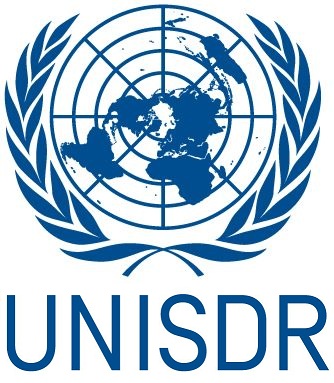 UNISDR was established in 1999 as a dedicated secretariat to facilitate the implementation of the International Strategy for Disaster Reduction (ISDR).
UNISDR was established in 1999 as a dedicated secretariat to facilitate the implementation of the International Strategy for Disaster Reduction (ISDR).
It is mandated to serve as the focal point in the United Nations system for the coordination of disaster reduction and to ensure synergies among the disaster reduction activities of the United Nations system and regional organizations and activities in socio‐economic and humanitarian fields.
To contribute to a holistic approach in research education and in Integrated Earth System Risk Analysis and Sustainable Disaster Management, WFEO has acquired a consultative status with UNISCDR in terms of natural disaster mitigation and human-induced environmental hazards.
IAEA (International Atomic Energy Agency)
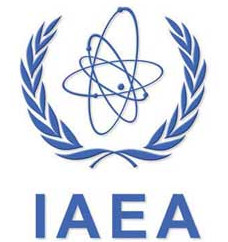 Widely known as the world’s “Atoms for Peace” organization within the United Nations family, the IAEA is the international centre for cooperation in the nuclear field. The Agency works with its Member States and multiple partners worldwide to promote the safe, secure and peaceful use of nuclear technologies.
Widely known as the world’s “Atoms for Peace” organization within the United Nations family, the IAEA is the international centre for cooperation in the nuclear field. The Agency works with its Member States and multiple partners worldwide to promote the safe, secure and peaceful use of nuclear technologies.
WFEO has an Observer status with IAEA.
ISO (International Organization for Standardization)
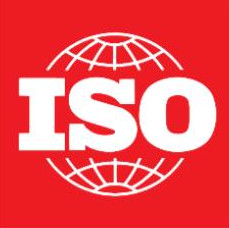 The International Organization for Standardization (ISO) is an international standard development organization composed of representatives from the national standards organizations of member countries. It is an independent and non-governmental organization.
The International Organization for Standardization (ISO) is an international standard development organization composed of representatives from the national standards organizations of member countries. It is an independent and non-governmental organization.
Founded in 1865 to facilitate international connectivity in communications networks, ITU allocates global radio spectrum and satellite orbits, develops the technical standards that ensure networks and technologies seamlessly interconnect, and strives to improve access to ICTs to underserved communities worldwide.
WFEO is a Category A Liaison member of ISO. In August 2023, there are more than 30 WFEO member representatives in ISO Committees.
FAO (Food and Agriculture Organization)
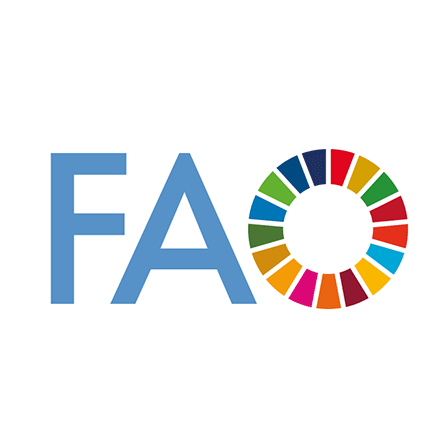 The Food and Agriculture Organization of the United Nations (FAO) is a specialized agency of the United Nations that leads international efforts to defeat hunger and improve nutrition and
The Food and Agriculture Organization of the United Nations (FAO) is a specialized agency of the United Nations that leads international efforts to defeat hunger and improve nutrition and
food security. As an important UN organization, WFEO has been discussing a joint agreement with FAO to progress projects of mutual interest.
Both FAO and WFEO are committed to advancing the UN Sustainable Goals in their work. The collaboration between agronomists and engineers from various disciplines, is expected to result in new innovations that could offer new technologies and approaches for sustainable agriculture.
In the first instance, WFEO and FAO plan to promote Agenda 2030 and the SDG#2 – No Hunger, through an award that recognizes significant innovative approaches using technology that addresses the need for sustainable agriculture.
WFEO and FAO may also propose other joint technical projects in food and agriculture engineering through its technical committees.
ITU (International Telecommunication Union)
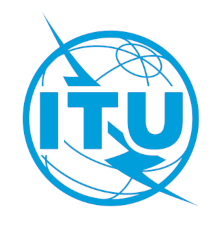 The International Telecommunication Union (ITU) is the United Nations specialized agency for information and communication technologies – ICTs.
The International Telecommunication Union (ITU) is the United Nations specialized agency for information and communication technologies – ICTs.
Since August 2023, WFEO is a Member of ITU.
UN-Water
 The United Nations Water (UN-Water) is an interagency mechanism that coordinates the efforts of United Nations entities and international organizations working on water and sanitation issues.
The United Nations Water (UN-Water) is an interagency mechanism that coordinates the efforts of United Nations entities and international organizations working on water and sanitation issues.
Since August 2023, WFEO Secretariat assisted the Water Committee to submit an application for UN Water membership, which was accepted in August 2023. WFEO has now a partner status with UN Water.
WMO (World Meteorological Organization)
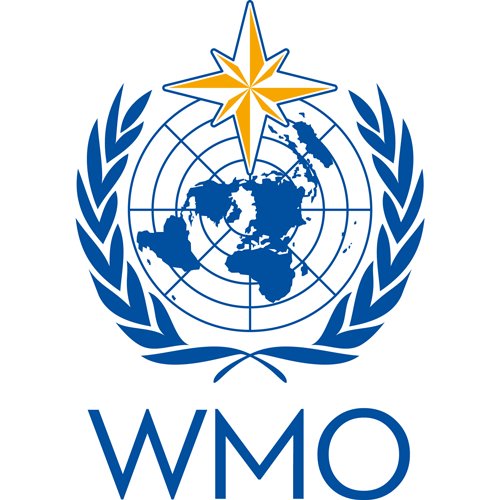 The World Meteorological Organization (WMO) is an intergovernmental organization with a membership of 191 Member States and Territories. Established by the ratification of the WMO Convention on 23 March 1950, WMO became the specialised agency of the United Nations for meteorology (weather and climate), operational hydrology and related geophysical sciences a year later. The Secretariat, headquartered in Geneva, is headed by the Secretary-General. Its supreme body is the World Meteorological Congress.
The World Meteorological Organization (WMO) is an intergovernmental organization with a membership of 191 Member States and Territories. Established by the ratification of the WMO Convention on 23 March 1950, WMO became the specialised agency of the United Nations for meteorology (weather and climate), operational hydrology and related geophysical sciences a year later. The Secretariat, headquartered in Geneva, is headed by the Secretary-General. Its supreme body is the World Meteorological Congress.
WMO Website
WEC (World Energy Council)
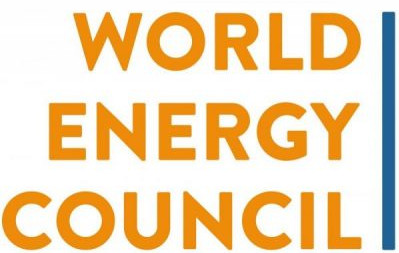 The World Energy Council is the principal impartial network of leaders and practitioners promoting an affordable, stable and environmentally sensitive energy system for the greatest benefit of all.
The World Energy Council is the principal impartial network of leaders and practitioners promoting an affordable, stable and environmentally sensitive energy system for the greatest benefit of all.
The Council is the UN-accredited global energy body, representing the entire energy spectrum, with more than 3000 member organisations located in over 90 countries and drawn from governments, private and state corporations, academia, NGOs and energy-related stakeholders.
WEC Website
